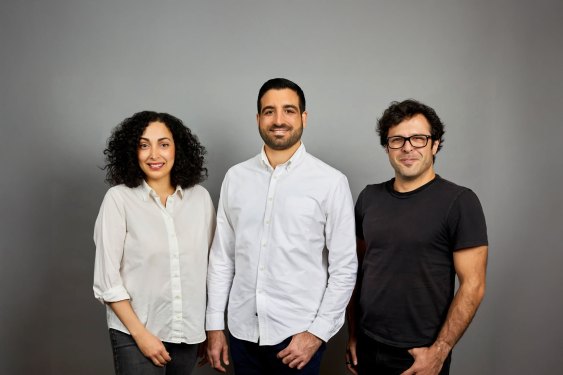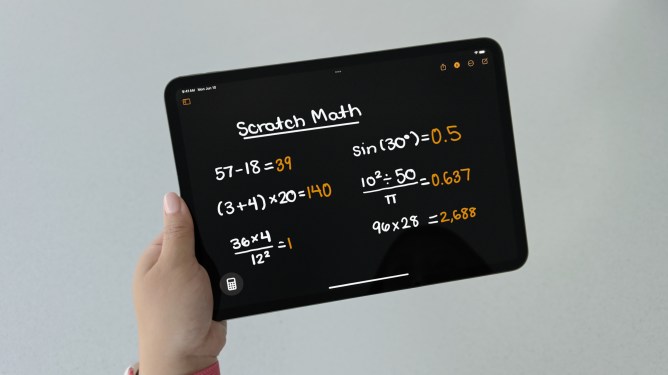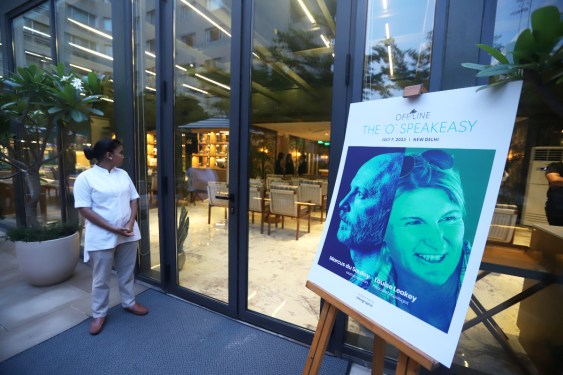In an era where the gig economy has become increasingly popular, Carl Madi’s experience working for Uber and Handy, an online marketplace for cleaners, had a profound impact on his perspective. As he witnessed many people losing their jobs overnight due to the pandemic, he noticed a significant shortage of medical assistants – a career that was not only recession-proof but also offered attractive pay and benefits.
The Birth of Stepful
Madi’s observation sparked an idea: what if cleaners could become medical assistants? He teamed up with Tressia Hobeika, a former Udacity employee, and ex-Apple engineer Edoardo Serra to found Stepful, an AI-powered online program that trains people for entry-level healthcare jobs like medical assistants and pharmacy technicians in just four months.
The Problem with Traditional Education
Madi explained that most pathways to becoming a medical assistant are either trade schools or community colleges, which can take up to two years and cost as much as $20,000. This limited access to quality education has left many aspiring healthcare professionals frustrated.
Stepful’s Innovative Approach
Stepful’s online program is designed to balance flexibility with structure. Students can complete their learning asynchronously and in bite-sized chunks on their phones, but they must attend a weekly instructor-led class and work in groups. This approach has been praised by students for its engaging nature.
Hands-on Training with Partner Clinics
After completing the online coursework, Stepful automatically matches students with one of its 8,000 partner clinics or hospitals throughout the country for one or two months of hands-on training. Employers are eager to train these students, as they see it as an opportunity to hire talented individuals who have already demonstrated their skills.
A Supportive Community
Stepful boasts a 75% graduation rate, achieved through its AI-powered system that sends personalized messages to students who are falling behind. If this doesn’t help get people back on track, a human coach intervenes to provide additional motivation.
Funding and Future Plans
On Wednesday, Stepful announced that it raised a $31.5 million Series B led by Oak HC/FT with participation from Y Combinator, Reach Capital, AlleyCorp, and others. This funding comes less than nine months after Stepful’s $12 million Series A.
The Healthcare Worker Shortage
The U.S. healthcare system is projected to soon be short of 3.2 million workers, including allied health professionals such as medical technicians and assistants, nurses, and mental health professionals. Vig Chandramouli, a partner with Oak HC/FT, noted that staffing companies like Nomad Health have narrow gross margins and don’t help increase the supply of professionals.
Why Stepful Stands Out
Chandramouli said what sets Stepful apart is its ability to take people who are hourly workers and get them into the healthcare field where they can earn steady salaries and benefits. Additionally, by leveraging generative AI, Stepful ensures that its metrics are more accurate and reliable.
The Future of Healthcare Education
As the demand for skilled healthcare professionals continues to grow, Stepful is poised to revolutionize the industry with its innovative approach to education. By providing accessible, affordable, and high-quality training, Stepful is helping to bridge the gap between educators and employers.
Key Takeaways:
- Stepful’s AI-powered online program trains people for entry-level healthcare jobs in just four months.
- The program offers a balance of flexibility and structure, with weekly instructor-led classes and group work.
- Students are matched with partner clinics or hospitals for hands-on training, providing employers with a pool of talented candidates.
- Stepful boasts a 75% graduation rate, achieved through its AI-powered support system.




